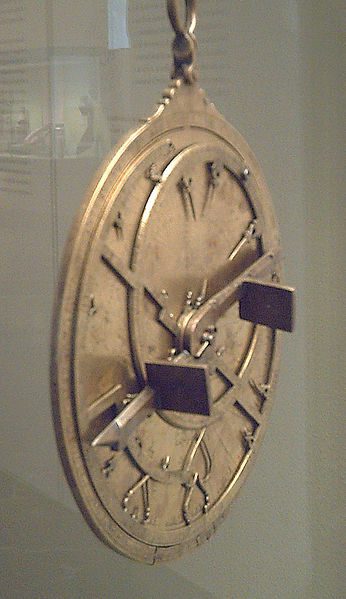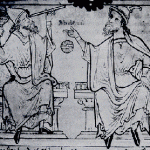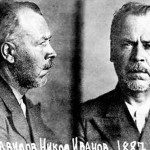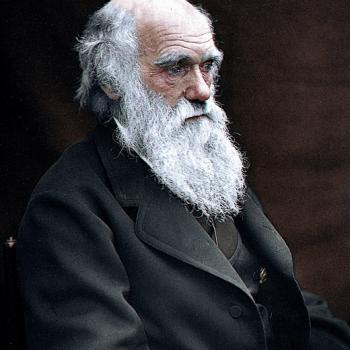Planispheric astrolabe from Al-Andalus (Islamic Iberia), dated 1067 [Wikimedia Commons / Creative Commons Attribution-Share Alike 2.0 Generic license]
* * * * *
The following is yet more compelling evidence of the inveterate, relentless warfare between Catholic theology and science (and all reason whatever) during the “Dark Ages”: that dreadful period of time from benevolent Nero till the “enlightened” anti-Catholic revolutionaries in France in the late 18th century. These were the kind, loving, magnificently “secular” folks who heroically saved the world from the horrors of the father of chemistry, Antoine Lavoisier.
* * * * *
Adelard of Bath (c. 1080-c. 1152) He was one of the first to introduce the Indian number system to Europe. Adelard also displays original thought of a scientific bent, reflecting on the shape of the Earth (he believed it to be round) and the question of how it remains stationary in space; he also speculated on how far a rock would fall if a hole were drilled through the earth and a rock dropped in it (see center of gravity). He theorized that matter could not be destroyed (see Law of conservation of matter) and wondered why water acts the way it does, flowing out of a container that has been turned upside down (see atmospheric pressure and vacuum). [source: Wikipedia bio]
He contributed the first full Latin translation of Euclid’s Elements (which served for the next eight centuries as the standard textbook for geometry in the West) and introduced trigonometry to Europe as transmitted through Arabic astronomical tables. The Questions Naturales covers subjects such as plants and animals, the four elements, the hydrological cycle, weather, and astronomy. [source: Scearce]
“His other writings include works on the abacus and the astrolabe and a translation of an Arabic astronomical table.” [source: Encyclopaedia Britannica]
“Adelard also introduced the Arabic notation for numbers and zero. . . . Adelard was a pioneer of the scientific renaissance of the twelfth century, one of the first to call for observation,experimentation, and innovation rather than blind acceptance of authority on scientific questions. . . . [He] was instrumental in introducing Arabic knowledge and the Arabic tradition of rational scientific inquiry to Europe.
“. . . [He wrote] the first known written account of the distillation of alcohol.” [source: New World Encyclopedia]













